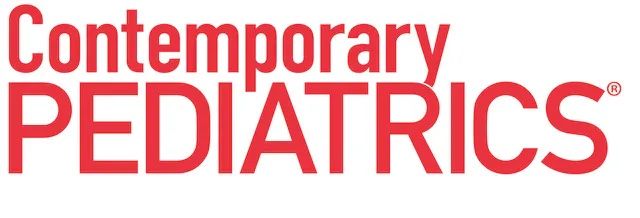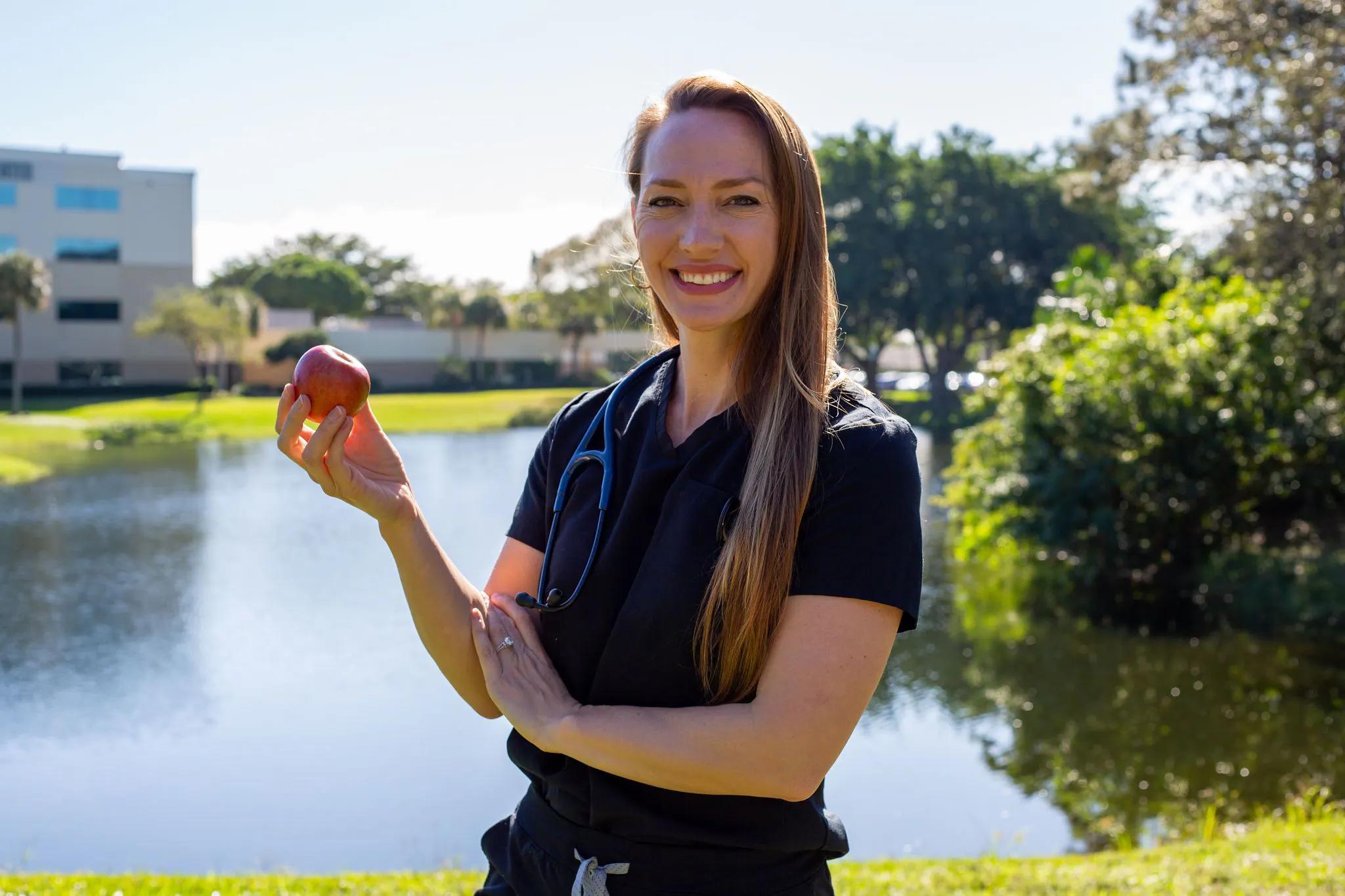Weekly review: Pitolisant approved, talking weight with kids
Get caught up with our journal! Review some of the top stories from the Contemporary Pediatrics website over the last week, and catch up on anything you may have missed.

Thank you for visiting the Contemporary Pediatrics® website. Take a look at some of our top stories from last week (Monday, June 24, to Friday, June 28, 2024), and click on each link to read and watch anything you may have missed.
1.) FDA approves pitolisant for narcolepsy patients aged 6 years and older
The FDA has approved Harmony Biosciences' pitolisant tablets (WAKIX) for treating excessive daytime sleepiness (EDS) in patients aged 6 years and older with narcolepsy. This approval makes pitolisant the first and only FDA-approved, non-scheduled treatment option for daytime sleepiness in this patient population. Harmony Biosciences' president,
However, a separate FDA submission for treating cataplexy in pediatric patients aged 6 to less than 18 years received a complete response. Harmony Biosciences plans to discuss a path forward for a cataplexy indication based on existing phase 3 trial data. The approval was based on a phase 3 randomized, multicenter, placebo-controlled study that evaluated safety and efficacy in pediatric patients. For more details on the study findings and implications, click here.
2.) Pediatric nutrition notes: How to talk about weight with kids
Evaluating a child's growth is essential during annual checkups, but should weight discussions happen in front of the child? Is it beneficial, or does it inflict emotional harm? Navigating these conversations is challenging; while avoiding stigmatization and fat-shaming, it’s crucial to address obesity risk through proper assessment and education.
Click here for the full article from Colleen Sloan, PA-C, RDN.
3.) Weight-tiered higher doses of dupilumab improves key disease measures of EoE
New data published in The New England Journal of Medicine highlights the positive results of dupilumab (Dupixent) for treating eosinophilic esophagitis (EoE) in children aged 1 to 11 years, according to a Sanofi press release. The FDA granted Priority Review and approval based on these results, showing that a greater proportion of patients receiving a weight-tiered, higher dose of dupilumab had significant improvements in key disease measures at 16 weeks compared to placebo.
In a phase 3 trial, children with active EoE unresponsive to proton-pump inhibitors were randomly assigned to different regimens of dupilumab or placebo.
“These results reinforce the efficacy of dupilumab in treating EoE across different age groups,” said Mirna Chehade, MD, MPH, principal investigator of the study.
Click here for full study details and expert commentary.
4.) Discussing health care sustainability, climate change, and WHO's One Health goal
"Health care sustainability means taking into account how the health care system, our hospitals and clinics, have impacted greenhouse gas emissions," said Shreya Doshi, MBBS, FAAP, in this Contemporary Pediatrics video interview.
Doshi is a board-certified pediatrician and an infectious disease fellow at Children's National Hospital in Washington, DC. Doshi joined Contemporary Pediatrics to explain what health care sustainability is and how various health institutions are contributing to climate change.
"Children tend to be some of the most vulnerable people because [they] are growing and they need a good, healthy environment and healthy food in order to grow. So, for our children to be healthy, it's very important for their environment and their planet to be healthy."
Click here to watch the full video interview.
5.) Sickle Cell Disease: Promises for a brighter future
Donna Hallas, PhD, PPCNP-BC, CPNP, PMHS, FAANP, FAAN:
"The first thought that emerges is: how can we, as strong and persistent advocates for children and health equity, effectively remove barriers for accessing care that is driven by a dependency on financial resources?"
Click here for more on Sickle Cell Disease and being a strong child advocate.




